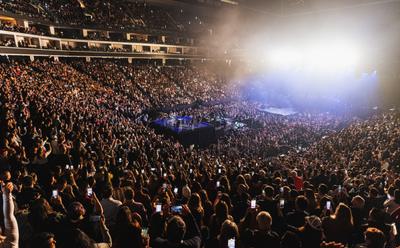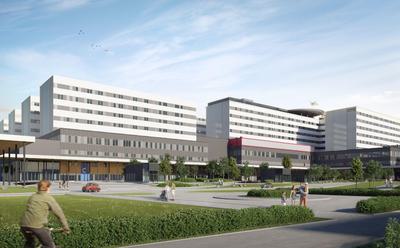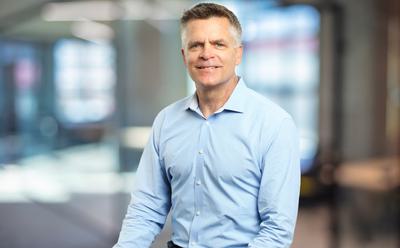
The #Roma5G project kicked off from Piazza del Campidoglio
12 Apr 2024

Golden 1 Center Partners with Boldyn Networks to Elevate 5G Fan Experience
2 Apr 2024

ASM Global selects Boldyn Networks as Wireless Partner of Choice to Deliver Connectivity in Hundreds of Venues Worldwide
27 Mar 2024

First ever private 5G network at an operating European Hospital
26 Mar 2024

Boldyn Networks Upgrades the Wireless Communications for the Utah Transit Authority’s FrontRunner Line
25 Mar 2024

Boldyn Networks Promotes Marc Rohleder to US - Chief Technology Officer
14 Mar 2024

Boldyn Networks and G.Network announce new partnership to build a smarter, better connected London
14 Mar 2024

International Women's Day: What is Boldyn Networks doing to Inspire Inclusion?
11 Mar 2024

Boldyn Networks expands its connectivity offering into US Higher Education with agreement to acquire Apogee Telecom
6 Mar 2024
Loading…
Excited for the future?
Join us at the edge of connectivity and let’s transform the future. Together.

